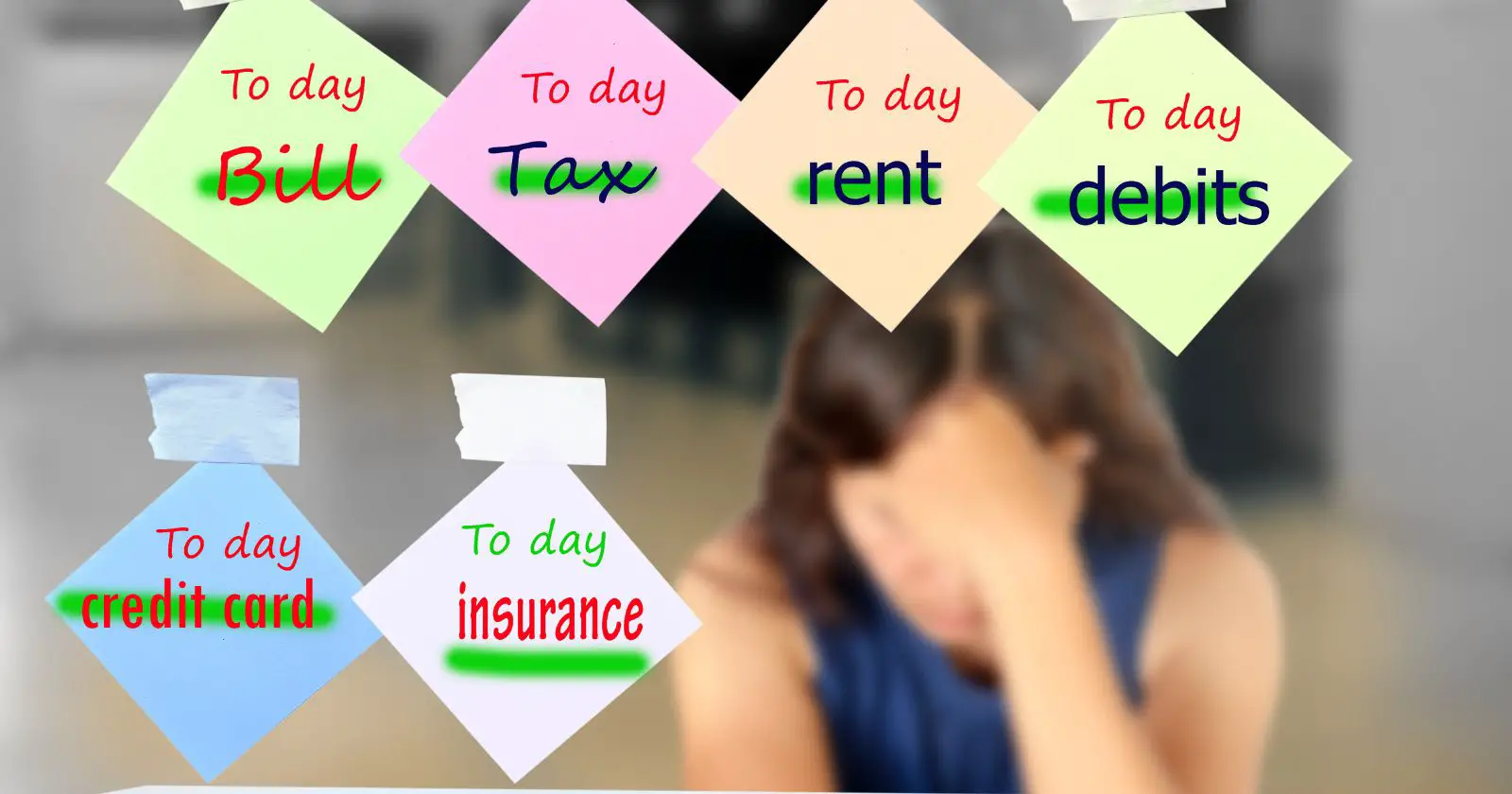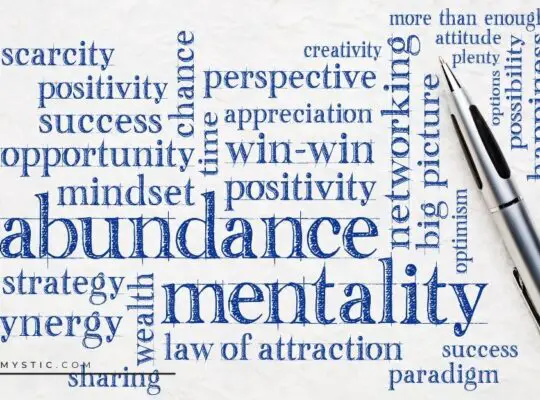There’s no denying the little hit of joy we get when we say yes and break out our credit cards. Marketing today is powerful, and fighting a 1.7 trillion dollar industry is intimidating. They use the power of psychology to get you to spend, so let’s fight fire with fire. Here are a few tips for leveraging your psychology to reduce your spending.
Change How You View Your Money
According to behavioral scientist Wendy De La Rosa, viewing your income once a week rather than once a month can influence your spending habits. She was part of a team that performed a study where participants were shown their income every week or month. The weekly group saved more money based solely on a change in their information environment. If you have a capable budgeting app, set it up to add your income to the total on a weekly basis to take advantage of this clever tip.
Another way to change your perspective on money is to look at it in terms of hours instead of dollars. Run some calculations to figure out how many hours of your life any purchase might cost. Don’t forget to account for taxes. You may surprise yourself when you look at things like this as you contemplate the value of your time, energy, and pain.
Pay with Cash
Paying in cash makes you question the value of each purchase in a visceral way. Seeing and feeling your money disappear right in front of your eyes brings your senses into the equation. When you pay with a credit card, the experience is just a sterile abstraction, and the impact on your account is a distant event.
A credit card can easily feel like an unlimited license to spend. Using cash is a bit of a hassle, but that is to your advantage. Every purchase will now have a small barrier that can interrupt any spending impulse.
Know Why You’re Spending
How many times have you seen a child open a Christmas present and light up with joy only to forget their gift days later? Are you guilty of anything similar? Shopping can put us in a great mood, and the retail industry has made a science of the shopping experience. It’s easy to let shopping become an addiction if we turn to it when bored, anxious, or depressed. Your self-control runs at its lowest here, and retail stores know how to tap into these vulnerabilities. The next time you are about to buy something, take a moment to notice how you feel and ask yourself why you are shopping.
Hit Pause
We can’t expect perfection of ourselves, so having a strategy that prepares you for the most challenging moments is crucial. If a buying impulse arises that you just can’t overcome, allow yourself to buy it, but only if you can wait 24 hours. A night of sleep can give us the mental and emotional reset we need to summon enough willpower and clarity to make a wiser choice. Often the impulse will be weakened by morning or gone entirely.
Control Your Social Environment
Spending can be fun but spending with friends is irresistible. We all have that friend that acts like a devil on our shoulders when we are out eating or shopping. Let your friends and family know that you are changing your spending habits. Identify which of your friends you tend to spend the most with and see if they are interested in activities that don’t lighten your wallet.
This strategy works in reverse. Find the friends that have a reputation for fiscal discipline. Spend more time with them if you can, or ask them if you can call them when you are wrestling with a choice. Consider them like a lifeline to help bring you back down to earth when the spending impulse is too strong. Self-control is contagious.
Take these tips and set a savings goal with specific, concrete actions. Reward yourself along the way without breaking your budget, and you will be on your way to a better future in no time.







